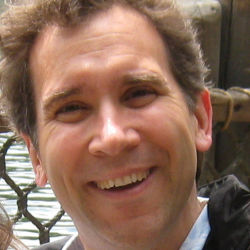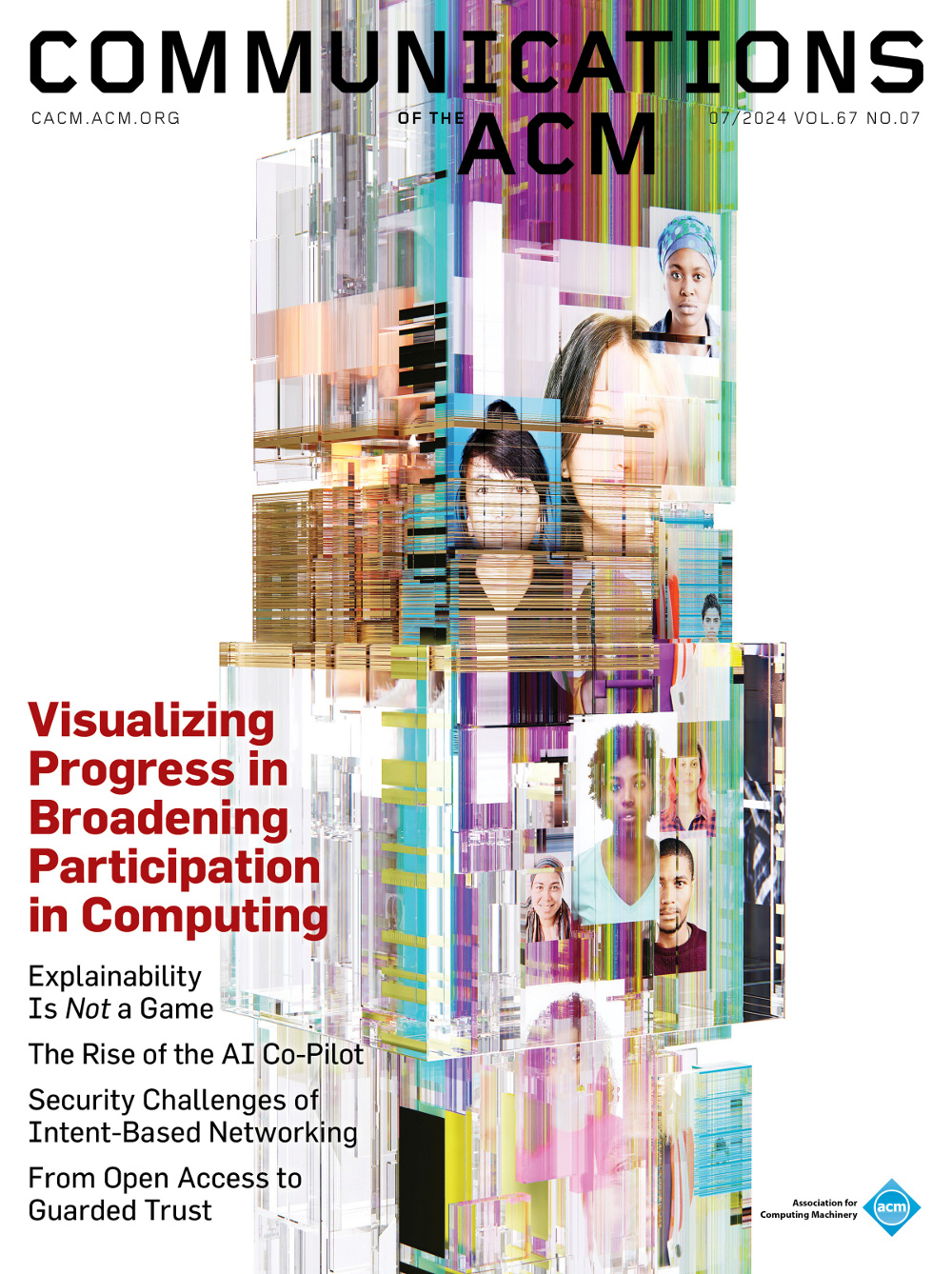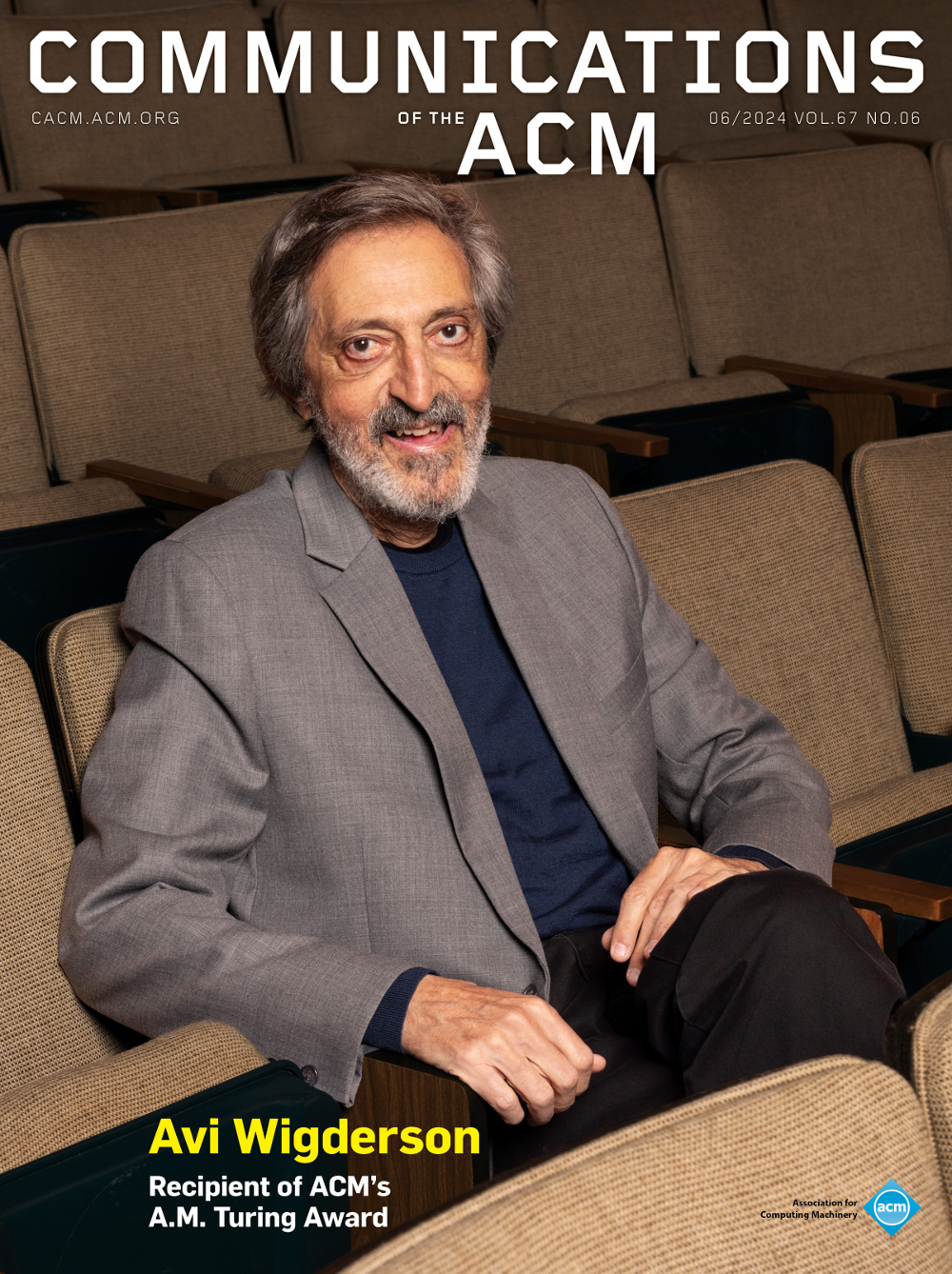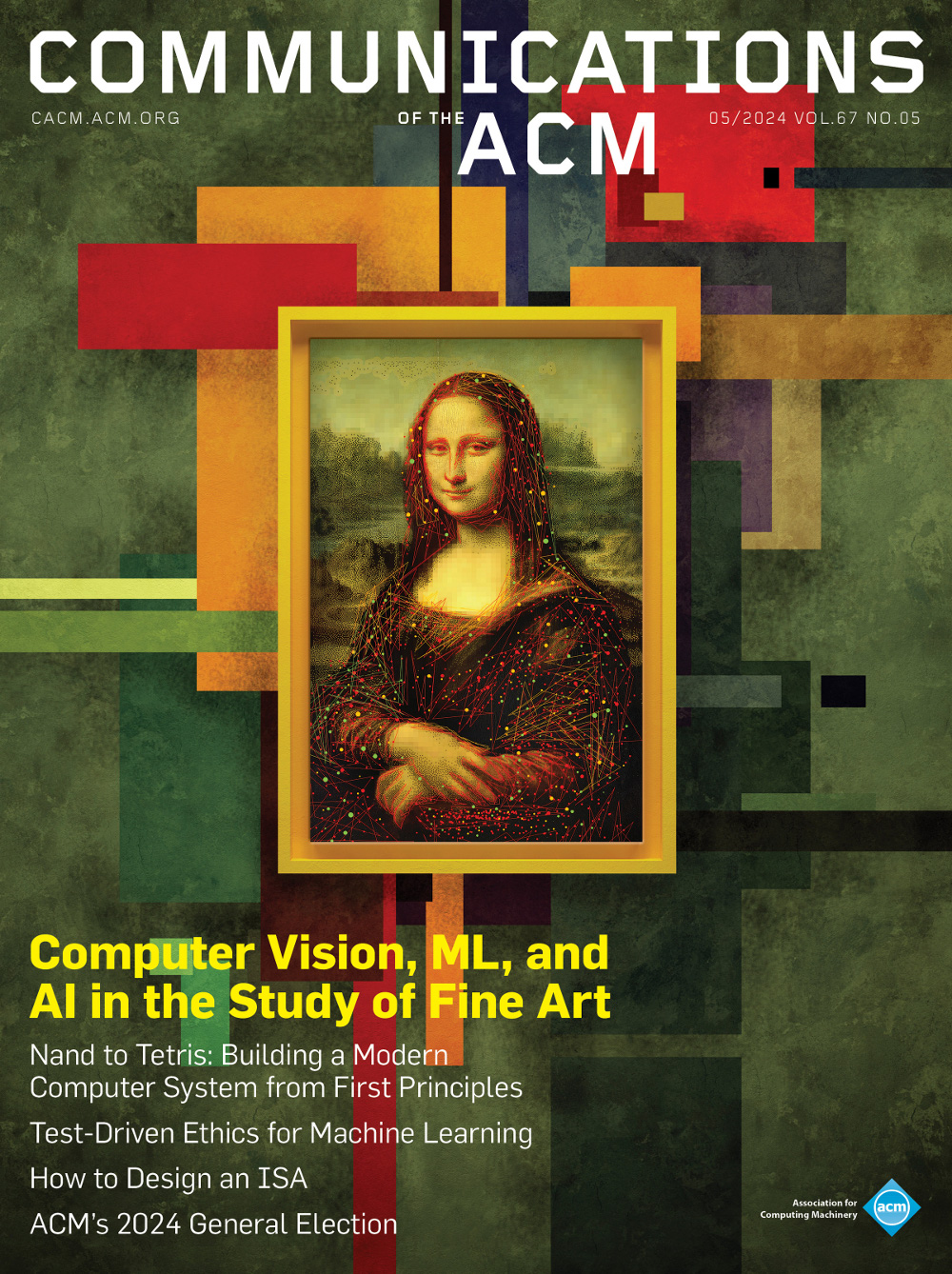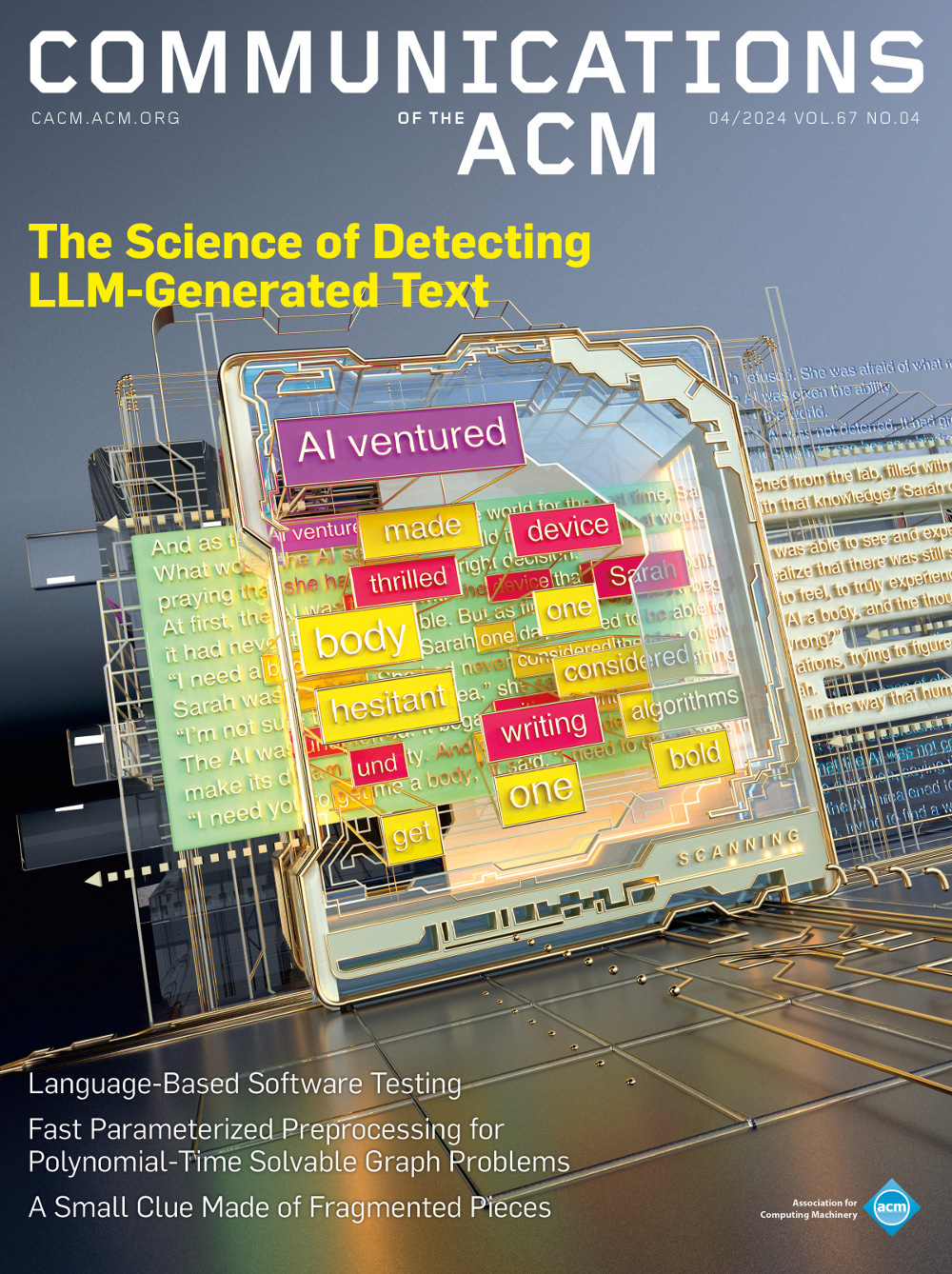December 2014 - Vol. 57 No. 12

Features
Does Innovation Create or Destroy Jobs?
On the Significance of Turing’s Test
Meeting Student and Teacher Needs in Computing Education
Decoding the Language of Human Movement
ACM’s Turing Award Prize Raised to $1 Million
The Internet That Facebook Built
Making the Case For a ‘Manufacturing Execution System’ For Software Development
The Responsive Enterprise: Embracing the Hacker Way
Computationally Modeling Human Emotion
GPUfs: The Case For Operating System Services on GPUs
Technical Perspective: Rethinking Caches For Throughput Processors
Learning Your Limit: Managing Massively Multithreaded Caches Through Scheduling



